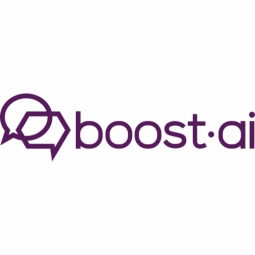- Infrastructure as a Service (IaaS) - Virtual Private Cloud
- Wearables - Virtual Reality Glasses, Headsets & Controllers
- Buildings
- Cement
- Sales & Marketing
- Chatbots
- Perimeter Security & Access Control
- System Integration
Sector Alarm is a leading safety provider in Europe, established in 1995 in Norway. The company provides security and alarm services for homes and businesses to over 600,000 customers across eight markets. Sector Alarm is committed to providing excellent customer service, as reflected in its consistent 95% customer satisfaction rating. The company employs an omnichannel approach to its customer service strategy, with a main contact center employing over 250 agents working across phone, email, and live chat. Sector Alarm also uses a chatbot solution to automate repetitive customer inquiries and free up human agents.
Sector Alarm, a leading European security company, was facing challenges with its customer service strategy. Despite having a robust omnichannel approach, the company identified inefficiencies in its live chat sessions, particularly in larger markets. Multiple agents were handling each chat session, often dealing with repetitive inquiries such as password resets or product information requests. The company estimated that agents were spending an average of two and a half minutes per chat searching for customers and updating the CRM. Sector Alarm had previously implemented a chatbot solution in 2018, but it was 'tech-heavy' and lacked flexibility. The company found it difficult to make necessary changes and updates without the frequent involvement of the IT department. The initial chatbot solution was not scalable and was unable to meet the growing demands of the company's customer service needs.
In 2021, Sector Alarm partnered with boost.ai to develop a pilot for an advanced virtual agent that could be scaled across the company's eight key markets. The boost.ai platform offered an intuitive hierarchical structure for creating and maintaining intents, allowing the AI model to cover a broad scope of information while providing specific answers when necessary. The platform was easy to use and did not require developer skills to make changes. The virtual agent was also designed to integrate seamlessly with Sector Alarm's existing contact center solution, Twilio Flex. Boost.ai's proprietary Automatic Semantic Understanding (ASU) technology was used to intelligently hand over customers to live chat agents when necessary, reducing false positives by over 90%. The virtual agent was built in less than two months and was ready to launch within four weeks.

Case Study missing?
Start adding your own!
Register with your work email and create a new case study profile for your business.
Related Case Studies.









